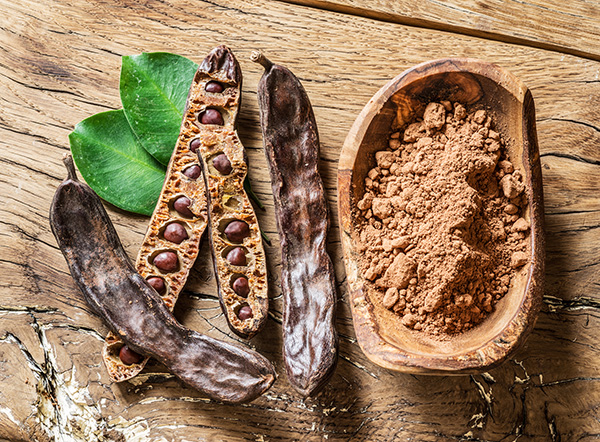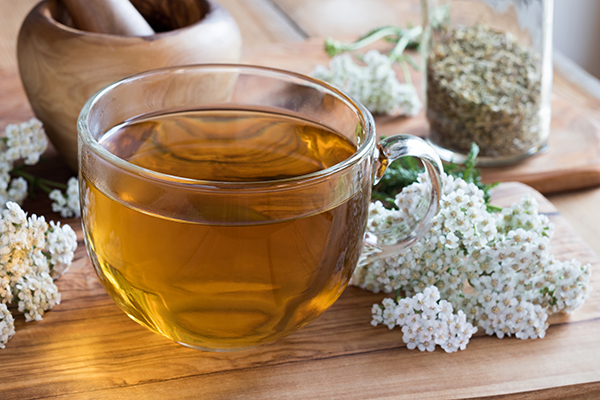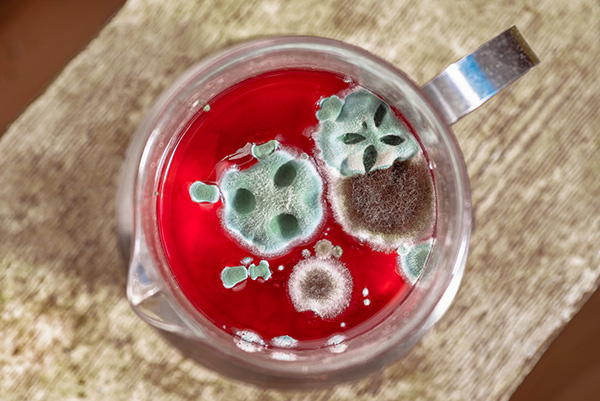Carob Tea: Benefits, Side Effects, and How to Make It
Carob tea is a type of herbal tea made from the dried pods of the carob tree. A native of the Mediterranean region, the carob tree is valued for its sweet, edible pods which are often used as a natural sweetener. The tea made from these pods has a unique, mildly sweet flavor, often compared to chocolate, making it a popular choice for those seeking a caffeine-free, chocolate-like treat.

Potential Health Benefits of Carob Tea
Each cup of carob tea not only offers a delicious taste but also a myriad of health benefits. Here are some reasons you might want to consider incorporating it into your daily routine.
Rich in Nutrients
Carob is known to be high in essential nutrients such as calcium, potassium, and vitamins A and B. When consumed as a tea, these nutrients are directly absorbed by the body, contributing to overall health.
Antioxidant Properties
Carob tea is rich in antioxidants, which help protect our bodies against damage from harmful free radicals. Regular consumption may potentially reduce the risk of chronic diseases like heart disease and cancer.
Promotes Digestive Health
The high fiber content of carob can be beneficial for your digestive health. It can help to regulate bowel movements, reduce constipation, and promote overall digestive health.
Natural Sweetener
Carob tea is naturally sweet, making it a great option for people looking to reduce their sugar intake. It can serve as a healthy substitute for sugary drinks and can help manage blood sugar levels.
Carob Tea Side Effects
Despite its many benefits, carob tea may have certain side effects that one should be aware of.
Allergic Reactions
Some individuals might be allergic to carob. Consumption could lead to allergic reactions like hives, itching, and difficulty in breathing. If you’re allergic to legumes, you might also be allergic to carob, since it is a member of the legume family.
Interaction with Certain Medications
Carob might interfere with the absorption of certain medications, particularly those taken for cholesterol.
Who Should Not Drink Carob Tea?
Given the potential for allergic reactions and interactions with certain medications, individuals with a known allergy to legumes and those on cholesterol-lowering medications should avoid drinking carob tea.
It’s recommended to consult with a healthcare professional before incorporating any new dietary items into your routine.
How to Make Carob Tea
Brewing a delicious cup of carob tea at home is simpler than you might think.
- Start by getting carob pods. These can be purchased online or from a local health food store.
- Break the carob pods into small pieces.
- Boil a cup of water and add a tablespoon of the carob pieces.
- Let it steep for 10-15 minutes.
- Strain the tea into a cup, and it’s ready to enjoy!
Remember, when it comes to preparation, how much or how often a tea should be used, it’s best to follow the manufacturer’s guidelines if using a branded product.
Final Thoughts
Carob tea offers a unique and healthful addition to any tea lover’s repertoire. With its robust nutritional profile and myriad of potential health benefits, it can be a great choice for those looking for a naturally sweet, caffeine-free beverage.
FAQ
What Does Carob Tea Taste Like?
Carob tea has a distinctive, mildly sweet flavor that is often likened to chocolate. It’s a great choice for those looking for a caffeine-free, chocolate-like beverage.
When Should I Drink Carob Tea?
Carob tea can be enjoyed at any time of the day. Due to its caffeine-free nature, it’s especially good for evenings when you want to avoid caffeine.
How Often Can You Drink Carob Tea?
Carob tea can be enjoyed daily, but like any dietary items, it should be consumed in moderation. Always follow the manufacturer’s guidelines if using a branded product.
How Long Can You Drink Carob Tea Safely?
There is no set limit on how long you can consume carob tea safely. However, due to potential side effects and possible interactions with certain medications, it’s always best to consult a healthcare professional before making it a regular part of your diet.





